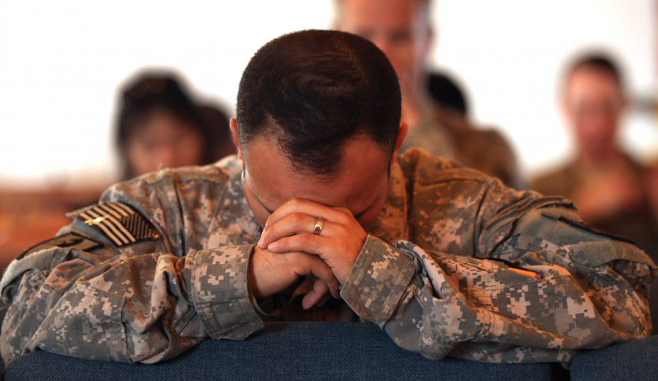According to a recently released study from the American Enterprise Institute and the University of Chicago, church attendance has largely rebounded since the COVID upheaval that began in the spring of 2022.
“Rather than completely upending established patterns, the pandemic accelerated ongoing trends in religious change,” wrote authors Lindsay Witt-Swanson, Jennifer Benz, and Daniel Cox.
Those trends include the ongoing struggle to get young, single, and more progressive people to attend church.
“Young people, those who are single, and self-identified liberals ceased attending religious services at all at much higher rates than other Americans did,” the researchers concluded. “Even before the pandemic, these groups were experiencing the most dramatic declines in religious membership, practice, and identity.”
It wasn’t always such a challenge to convince young people to worship on a weekly basis. In fact, during World War II, a government-sponsored study concluded that attending church services constituted one of the best forms of recreation for weary and worn-out soldiers.
There’s actually a long history of the military acknowledging the value of spiritual fitness. It was back in 1775 when the Continental Congress authorized funds for the inclusion of one chaplain for each Continental Army regiment.
Lumping church attendance in with other recreational activities like swimming, football, baseball, basketball, and fishing might seem unusual at first, but consider the etymology of the word “recreation” itself.
The term dates back to the Latin word “recreare” – which means to “refresh, restore, make anew, revive, reinvigorate and renew.”
One could make the argument that a round of golf or an afternoon of flyfishing on a mountain stream can accomplish all of those things, but none of them would accomplish it to the same extent as worshipping the Creator who makes every good experience possible in the first place.
I have one friend who gave up playing golf because he decided it was a frivolous, selfish, and wasteful use of his time. The key distinctive is “his time,” because he’s well aware there are many other Christians who find the time invigorating and even an opportunity for ministry.
Scripture is largely, if not entirely, silent on the value of specific recreational pursuits, but the apostle Paul does suggest God “richly provides us with everything to enjoy” (1 Timothy 6:17). Clearly, we’re to relish and savor the many gifts of God’s creation. If it’s golf for you and running for me, so be it.
But perhaps viewing church as the highest and purest form of recreation would encourage more frequent attendance. As it is, far too many families forego Sunday worship for other types of “recreation” – including sports tournaments and vacation activities of various kinds. It’s a worrisome and even particularly dangerous habit.
Given the depraved and fallen state of the world, Christians are in constant need of recreation, i.e. renewal and revival. Imperfect as it may be, the local church is a wonderful resource for this experience. It might be possible to worship virtually anywhere these days, but we’re not wired for a remote relationship.
The very best recreational vehicle isn’t the forty-footer with a $100,000 plus price tag – it’s the vehicle that will bring you to church and to a regular reminder of Jesus’ promise that “Behold I make all things new” (Rev. 21:5).






